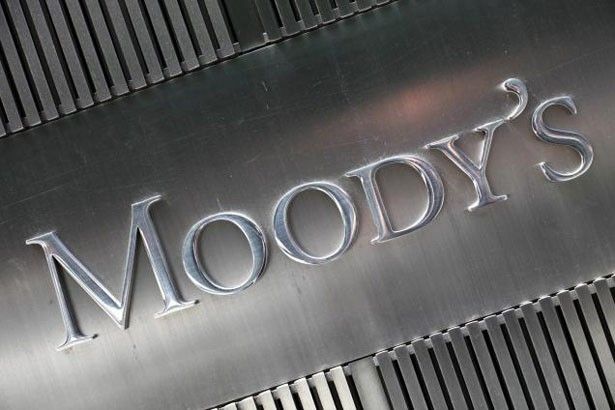Moody’s on Philippines: Political risks ‘remain elevated’ but have not stalled reforms

MANILA, Philippines — Political noise in the Philippines remains loud, but it has not dented the economy nor the government’s ability to implement much-needed reforms, global debt watcher Moody’s Investors Service said Thursday.
Some lawmakers have challenged the constitutionality of the Duterte administration’s Tax Reform for Acceleration and Inclusion law, which have been partly blamed for the rising prices of basic commodities. Meanwhile, President Rodrigo Duterte’s string of inflammatory remarks and policy shifts have fueled concerns that investor’s confidence in the country has eroded.
But Moody’s Vice President – Senior Credit Officer Christian de Guzman said that while political risks are still persistent in the Philippines, the government remains on track in pushing for key fiscal reforms like the TRAIN law, which plays a vital role in the Duterte administration’s ambitious economic agenda.
“The key message here for the Philippines is that despite the political noise that we’ve had over the past year or so, that has not detracted this government’s performance in terms of being able to put together key reforms that we think are positive such as TRAIN,” De Guzman said at a media roundtable.
“The concern here was that political risks could crystallize in a way that pre-empts reform. I think, however, fast-forward to 2018, you do see that that has not come to pass,” he added.
Duterte had thrown his weight behind the TRAIN law, which lowers personal income taxes while raising excise levies on fuel and “sin” products, among others. Revenues from the tax reform law will partly fund the government’s massive infrastructure program in a bid to supercharge economic growth.
For De Guzman, it is unlikely that the TRAIN law will be scrapped given Duterte’s popularity.
“So we haven’t changed our overall view on political risks. Those still remain elevated as what they were two years ago. At the same time we have not seen evidence of those political risks affecting this government’s ability to pass reforms,” he said.
“I think what we see here is that in light of that political noise, the president can throw his political capital to support his Cabinet’s economic initiatives,” he added.
Moody’s last year affirmed the Philippines’ “Baa2” sovereign credit rating—a notch above the minimum investment grade—and maintained the outlook at “stable” on expectations of strong economic growth.
According to De Guzman, concerns on overheating have been allayed after the central bank hiked interest rates, adding that the Philipine economy is expected to remain resilient.
- Latest
- Trending





























